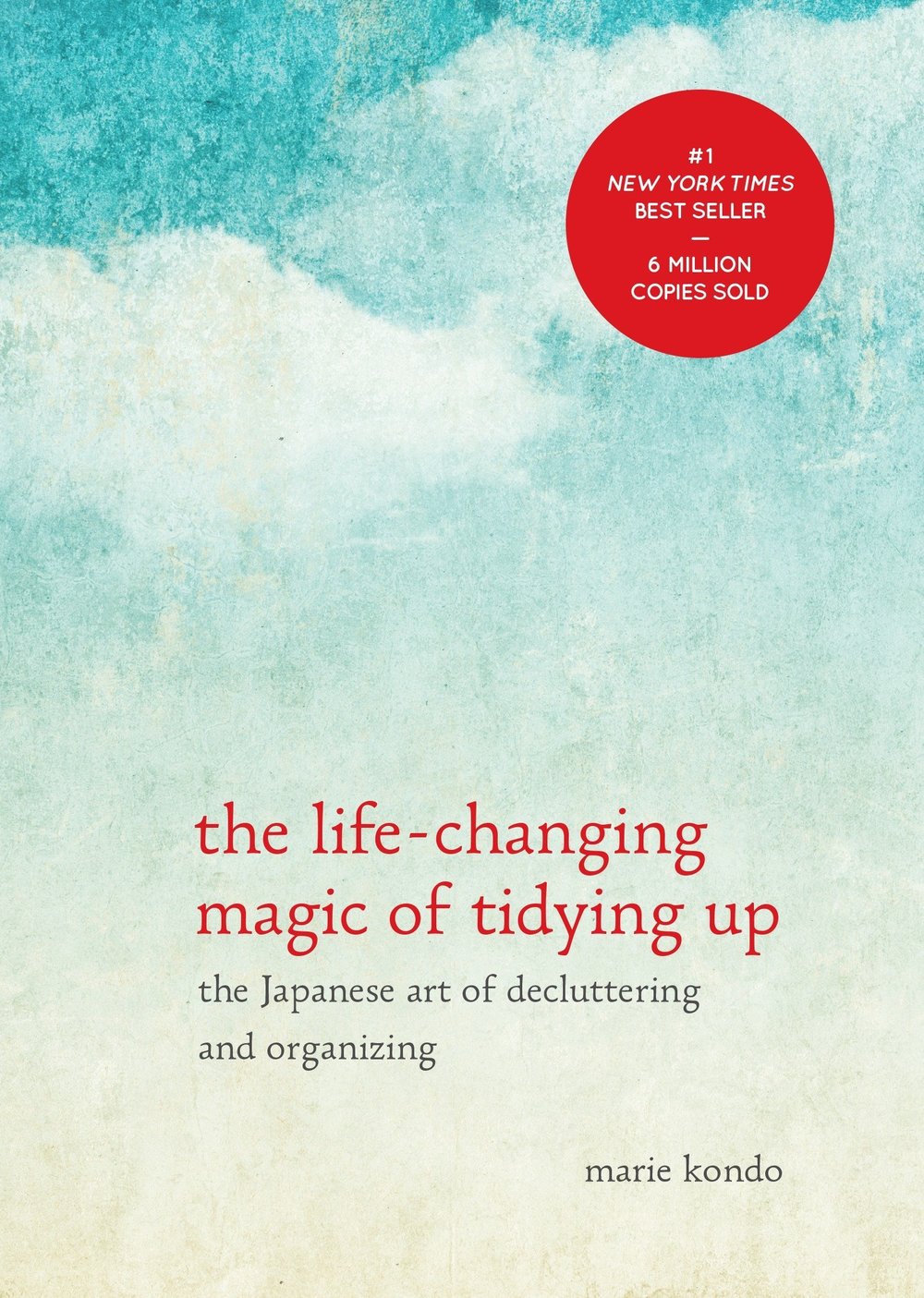
I first heard of Marie Kondo – also known as KonMari on NHK World a couple of years ago. The mantra she was peddling was something like (heavily paraphrased) “If it doesn’t spark joy in you, get rid of it”. Being a bit of a “hoarder” myself, I was rather intrigued by this proposition.
At first glance, this book is more of a guide to decluttering than it is a packing guide. In today’s age where one has easy access to cheap consumer goods – even in developing countries, clutter can build up quite easily in our homes. KonMari charmingly tells the story of how her early attempts to tidy up her family home as a teenager were continuously fruitless after a few days had passed.
This is where decluttering comes in. If an item does not “Spark Joy”, she suggests you sell, recycle or give it away as it has already fulfilled its purpose. Even when we feel guilty when an item is not “used” enough, it’s already fulfilled its purpose in teaching us that we probably don’t need one like it in the future. After all, how many pairs of socks do you really need? And of those pairs that you think you really need, how many actually make you feel good when you put them on?
On a deeper level, it also changed my perspective when it comes to material goods. Enthusiast photographers often suffer from the much dreaded Gear Acquisition Syndrome (GAS), where we gladly open our wallets to the next latest gear that promises a sharper photo. Being a gadget and design aficionado myself, this is compounded by the fact that I have to get the latest Apple or Sony product every time a new one comes out.
I’m a lot more thoughtful now when purchasing new gadgets gear, even when there’s a sale going on. I evaluate if this new gadget will really spark joy in my life three times (The Chinese have a saying, 三思 that literally translates to think thrice). If I buy it and don’t really find that it “sparks joy”, I wouldn’t hesitate to sell or return it. I’ve also sold off a lot of my old gadgets and gear – stuff I haven’t used in years but kept somewhere thinking that I would use them eventually.
It’s a pretty short read and well worth the weekend I spent on it. Full of frank observations from a Japanese point-of-view, her writing style (and that of her translator) is witty while down-to-earth.
It will change your perspective, if not your life.
